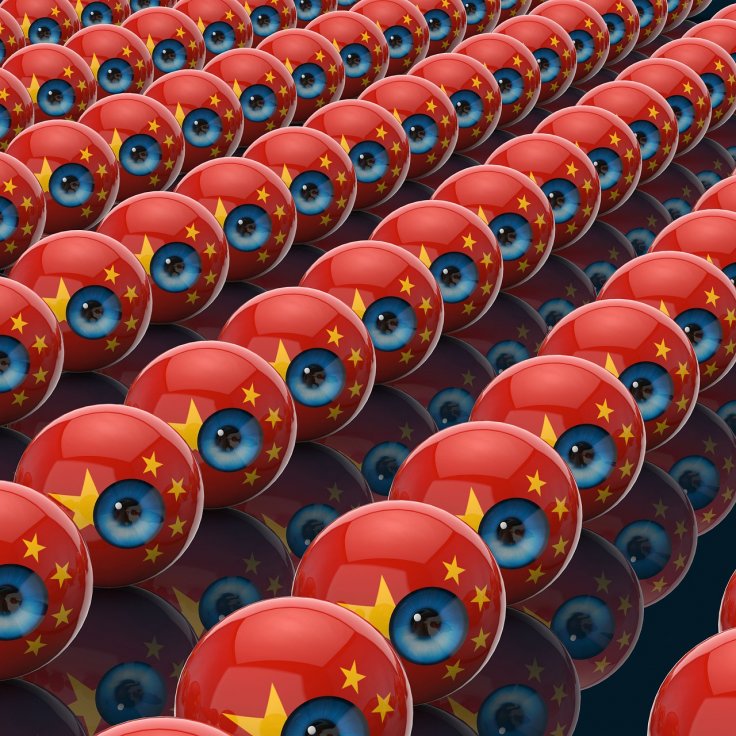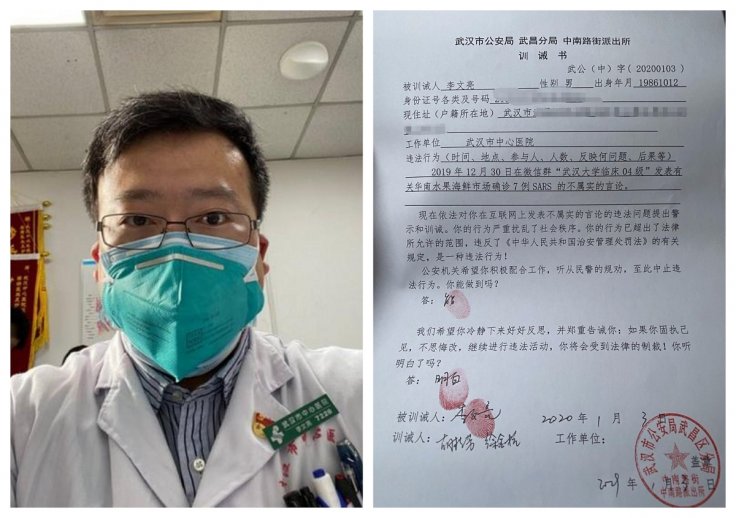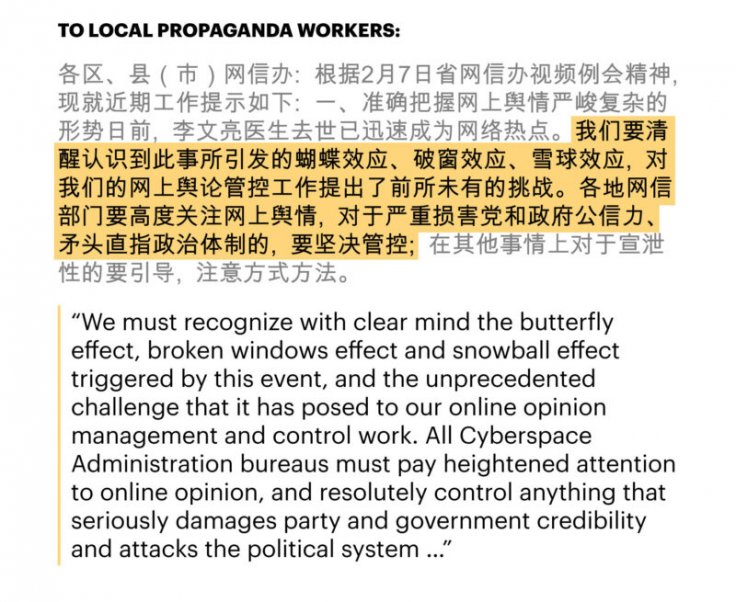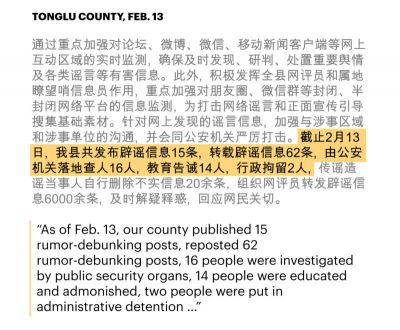China's heavy-handed approach in censoring media inside its border is widely known. This in particular came to light during the early days of the novel Coronavirus pandemic. While the local authorities were struggling in Wuhan to contain the virus outbreak, the Chinese government, through state-run media outlets, tried to showcase that the situation was not bad. And it was largely successful.
When Dr Li Wenliang, an ophthalmologist from Wuhan, first warned about the emergence of a SARS-like pneumonia virus, Chinese authorities painted him as a rumor-monger. He was swiftly detained and forced to apologize for "spreading misinformation". But all hell broke loose when Dr Li died of COVID-19 on February 7. Outraged by the secrecy and silencing of Dr Li, Chinese citizens at home and abroad took to social media platforms to criticize the government.
But according to a trove of leaked documents, instead of apologizing, China's information control went beyond media censorship. China paid trolls to flood social media platforms with party-line chatters and if someone still dared to raise a voice, the individual was silenced by security forces.

Army of Paid Trolls
The first task was to control the narrative so that Dr Li's death would not fuel a so-called uprising. News outlets were ordered to remove Dr Li's name from trending topic pages and asked not to alert push notifications about the news of his death. Furthermore, the paid trolls were asked to distract anything that remotely connected Dr Li's death or Coronavirus.
"All cyberspace administration bureaus must pay heightened attention to online opinion and resolutely control anything that seriously damages party and government credibility and attacks the political system," one directive said, adding that commentators must conceal their identity. "As commenters fight to guide public opinion, they must conceal their identity, avoid crude patriotism and sarcastic praise, and be sleek and silent in achieving results," it added.

The leaked documents that included over 3,200 directives and 1,800 memos were shared with ProPublica and New York Times by a hacker group called CCP Unmasked. It detailed the extent of control China had on information.
The documents outlined how the Chinese government suppressed information related to the Coronavirus outbreak — something the U.S. and its allies have accused Beijing of for months. As per the documents from the Cyberspace Administration of China (CAC), Hangzhou, the government began controlling information about the new virus in early January when the disease was not even identified definitively.

How Did They Achieve That?
According to 2015 estimates, over 54 percent of China's population or over 760 million people use the internet. That is more than the double of U.S. population. Hence, controlling internet opinion is not a mean task. China's Great Firewall has been effective in stopping information coming from sources outside the border. However, to control internet chatter inside its borders, China needed something special.
The ProPublica report says that China has specialized software to control internet chatters. Urun, a local software company, provides such a service to the Chinese government. The software can track online trends and manage fake social media accounts to post comments as per the party line. It also allows the users to add likes to the comments through a user-friendly interface. Managers of the software can also assign commentators to perform specific tasks.




The commentators from Guangzhou supposedly get $25 for each post of about 400 characters while they earn 40 cents for flagging a negative comment. The software also allows managers to keep track of the commentators' posts and how much they should be paid.
The software also has a smartphone app that makes the job easier. Commentators can see the tasks they are assigned and post accordingly from their personal social media accounts. Once done, they can upload the screenshot to mark the task as completed. Then there is a training course for upcoming commentators. Urun has produced an easy-to-learn software for trainees. After completion of training, they are divided into two groups of Red and Blue and compete against each other to produce the most popular posts.
"China has a politically weaponized system of censorship. It is refined, organized, coordinated and supported by the state's resources. It's not just for deleting something. They also have a powerful apparatus to construct a narrative and aim it at any target with a huge scale. No other country has that," Xiao Qiang, a research scientist from UC Berkeley's School of Information told ProPublica.





Controlling News Outlets
As for controlling news outlets, it is easier. Either they fall in line and accept payments from the government or they would be prosecuted. The CAC supplies the news outlets with government narratives that they are supposed to publish. As per the documents, the CAC asks the news outlets not only to control narrative within China but also "influence international opinion".
That's not it. The CAC also offers directives to news outlets on which news story should be displayed on the home page and for how long. Apart from that, media houses were ordered not to use words like "fatal", "incurable" in the headline while reporting about COVID-19. As for reporting on movement and travel restrictions, they were ordered not to use the word "lockdown".
Apart from paid trolls and media, China exerts great control on social media platforms. The tech giants are ordered to censor any negative commentary about China while anything that the government believes to be problematic is censored. Even the personal chat messages are monitored and any link to dissent is swiftly dealt with.









